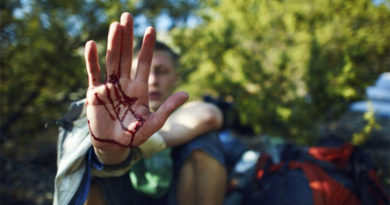How to Prevent Sports Injuries
If you’re a keen runner or member of a gym, or if you take part in a team sport, it’s important to do everything you can to prevent an injury from occurring. Sports are not particularly risky activities, as there is some degree of risk present in every physical action, and the benefits of getting involved with sports and leading an active, healthy life are well-documented.

What are Sports Injuries?
Sports injuries are usually very minor and can involve pain, swelling and restricted limb movements. The most commonly affected areas are bones, muscles, tendons, joints, ligaments and cartilage. They can be caused by not warming up correctly before exercising or having an accident while training. It is important that you use the right equipment and familiarize yourself with the techniques required when exercising. It is common for people to sustain sports injuries because they are pushing themselves too hard and not listening to their bodies. Professional athletes are most at risk of sustaining overuse injuries because the same parts of their bodies are being put under immense pressure. A sudden injury can occur if you make an awkward movement or your body suddenly impacts on a hard surface.
If an Injury Occurs
The first thing you should do is to stop exercising and consider when you first sustained the injury. If you keep training while injured, you can do significantly more damage to your body and you will take longer to recover. For injuries outside minor cuts, scrapes, bruises and blisters, it’s advised that you visit your GP or a specialist sports injury clinic. For serious injuries, you may need to proceed directly to a Walk-In centre or to your local Accident & Emergency department.
Reduce the Risk
You can definitely reduce the risk of suffering from a sports injury by getting the adequate training from a sports professional before you start a new sport or training regime. Gym staff are always willing to give advice to beginners. Remember to warm up your body before you exercise and to cool down again once you’ve finished. Your body will not benefit from being pushed beyond your current level of fitness, however hard you intend your training to be. Leave your pride at the door, and don’t do more than your body allows. For specific sports, it’s important to wear the correct protective equipment, including shin guards, gum shields, gloves and helmets.



